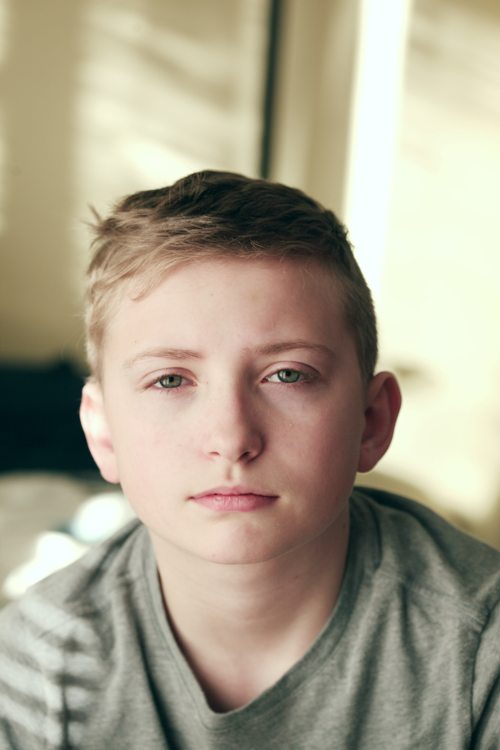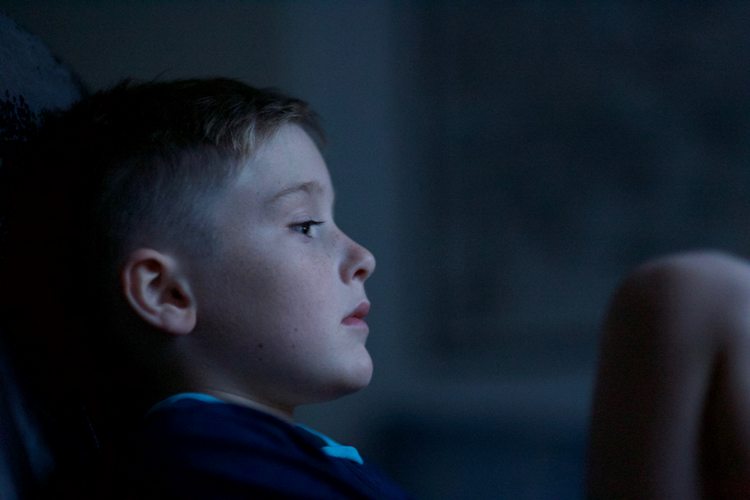Divorce is a painful event, bringing with it enormous change, transition, and emotional upheaval. And that doesn’t just apply to parents, but children as well. Here are some ways that children of divorce may feel and how parents can help them through it.
Ways to Help Children of Divorce
Taking sides
Children of divorce may defend one parent or another. Particularly when a child is old enough to understand some of what has happened to cause the divorce, he or she may react with anger or coldness toward one parent.

If you are the parent against whom the child rages, try to remain patient and understanding, especially if the divorce was your fault. Giving your child time and space to process what has happened is crucial. You should encourage his or her questions and be ready to answer them candidly, calmly, and without hostility toward your ex.
When you are not able to answer questions honestly without heaping blame upon the other parent, don’t try to brush off the questions. Instead, let your child know that you hear her, that you are considering what pieces of the story you can tell accurately, and what aspects may need to wait. It’s okay to say, “I don’t have an answer for that right now, but I will think about it and let you know.”
If you are the parent whom a child is trying to defend, make sure he or she knows that you don’t expect excessive loyalty. Adults need to reassure their children that it isn’t necessary to take a side to ensure blame is incurred or justice is brought to fruition. Remind them as often as necessary that there is nothing her for them to fix, and no emotional weight for them to carry. It is not their responsibility to try and make things okay for you.
It’s okay to be the parent who says you are feeling lots of emotions, and then ask your child how he or she is feeling. Be a present listener, focused on the needs of your child to express how she or he is feeling without being judged. Here it is important to remember there is nothing for you to fix either. The greatest gift you can give your child, especially in these moments is your presence.
 Think twice before offering advice. Much better to validate, “that sounds like it hurts” or “it sounds like you’re feeling sad”, than to try to fix, “you know, you should find something fun to do so you don’t feel so bad.” Finding something fun to do may be a great idea, but not as a way to roll over the feelings and not allow them to be felt and expressed.
Think twice before offering advice. Much better to validate, “that sounds like it hurts” or “it sounds like you’re feeling sad”, than to try to fix, “you know, you should find something fun to do so you don’t feel so bad.” Finding something fun to do may be a great idea, but not as a way to roll over the feelings and not allow them to be felt and expressed.
The Bible says that “a gentle answer turns away wrath, but a harsh word stirs up anger” (Prov. 15:1). Advice in the place of present listening, will usually land as a harsh word.
Shame or guilt
Once a divorce has been finalized and custody agreements are arranged, parents begin to move forward and can forget how a child of divorce feels when he or she talks about time spent with the other parent. Sharing a funny story that happened with the other parent may elicit shame over the fact that the child had a good time without you.
When stepparents come into play, it can be awkward for children of divorce to provide details about how their relationship is growing – especially when the primary parent is jealous, unaccepting, or even demeaning toward the stepparent.
Proverbs 18:21 helps put this into perspective: “Death and life are in the power of the tongue, and those who love it will eat its fruits.” Giving thought to your words about the other parent or the new relationship in that parent’s life is vital. It can make all the difference for children of divorce.
This is why, as an adult, it is critical to be noticing and working through your difficult emotions. A counselor can be a great help in sorting through it all. If you don’t process your feelings on your own, you will process them (consciously or subconsciously) through and on your child, which will add substantially to the emotional burden they are carrying.
Communication
While there is a definite grieving process for both parents and children of divorce, recognizing the layers of grief in a child’s heart means communicating clearly and often with him or her, though not to the point of burdening them with your attention. If the lines of communication are not kept open, the grief – which can evolve and still require healing long after the divorce is final – can be overlooked.

If you have an older child, text him or her regularly, ask specific questions, and stay interested in his or her life, even if you do not have primary custody your knowledge of the daily circumstances serves as the foundation for your child to share from his or her emotional experience over time. Younger children of divorce need reassurance that a parent’s absence from the home does not mean an absence from their lives.
Being clear about when the other parent will pick up the child, attend a game, or participate in a school event is a vital part of this reassurance. Without it, children of divorce may question if they are loved or cared about – or it can cause them to feel like the divorce is their fault.
Feelings about your ex
This means that no matter how hard you try to hide that you are disappointed, hurt, or feel betrayed, your child may pick up on it. Does it mean you have to pretend? No. But it does mean you should not go into details about why you feel these.
A simple answer such as, “I’m sad today because I miss our life together” is okay and it does not involve your children in the hard feelings you may be experiencing. It simply communicates that sadness is okay, grief is normal, and it will come and go. If you do show emotion in front of your child, make sure it is tempered with reassurance, especially if your child is younger.
Explaining anger to a young child may best be communicated by referring to something he or she can understand, such as sharing a favorite toy. “I’m angry and I yelled, and for that I am sorry. I wonder: Have you ever felt mad because you had to share one of your toys when you didn’t want to share?”
This normalizes the emotion of anger without having to explain exactly what is happening between you and your spouse. It can open conversation so that younger children of divorce know that it’s okay for them to show their emotions and talk about them with you.
Trust issues and self-blame
It’s common for children who have gone through divorce to struggle with trust. It may take time for them to trust Mom and/or Dad again after what has happened. This is because regardless of the circumstances, divorce always involves a betrayal of trust at some level by at least one (and often both) of the parents.

Unfortunately, children can also internalize blame when they are privy to fighting or timekeeping between parents as it relates to custody agreements. Don’t use your children as a means of punishing your spouse and try not to talk about sensitive subjects where children of divorce may assume that they have caused a fight.
These might include arguments about who gets to have the children over Spring Break or conversations in front of the child about a parent picking the child up later than planned. Remaining flexible, patient, and kind to your ex may be the most loving action you can do for your child. It shows that he or she is not to blame, is not caught “in the middle,” and is going to be taken care of by both parents.
This kind of care reflects how God cares about each person involved: you, your ex-spouse, and your children. “Casting all your anxieties upon him, because He cares for you” (1 Peter 5:7) is a reminder that God does care about His children.
Imagine he has an altar where you can leave your concerns, feelings of betrayal, feelings that you are owed something, that you have to win – all these are normal feelings, but if we don’t process them, learn to release them, and regain our healthy perspective, the children will suffer. As parents we can learn to forgive and lean on God’s love for our children, that they may be better equipped to live out that loving attitude even amid the difficulties of divorce.
“Boy”, Courtesy of Sharon McCutcheon, Unsplash.com, CC0 License; “Looking out the Window”, Courtesy of Kelly Sikkema, Unsplash.com, CC0 License; “Girl and Dog”, Courtesy of Annie Spratt, Unsplash.com, CC0 License; “Contemplating”, Courtesy of Luke Pennystan, Unsplash.com, CC0 License






